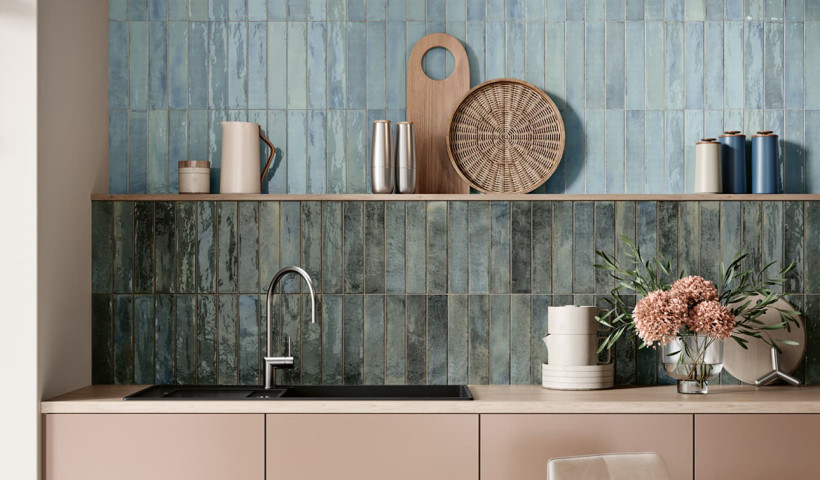 NEW
NEW
The Tile Depot has an extensive range of tiles to suit all areas — from walls and floors, exteriors and interiors; swimming pools and patios to residential and commercial spaces. All tiles have been designed with a specific range of uses, with varying degrees of hardness and durability. It is therefore critical that the correct tile be used in the appropriate area to ensure the maximum performance of the tile. Getting this wrong can prove disastrous. No one wants a beautiful tiled floor riddled with scratches and signs of wear and tear.
When considering tiles for commercial areas a really dense, hardwearing tile that will stand the abrasion and wear of high levels of foot traffic is needed.
So How is Tile Hardness Determined?
The hardness and durability of a glazed tile is determined by an abrasion resistance test (EN154). This is called a PEI (Porcelain Enamel Institute) rating and is not applied to unglazed through-body porcelain as it is extremely hard wearing. These PEI ratings range from wall-only tiles to heavy commercial foot traffic. The scale is as follows:
PEI Rating Usage Level Best Areas
- 1: No foot traffic. Wall use only, in residential and commercial applications.
- 2: Light traffic. Both wall use and flooring areas that receive little traffic and generally soft or no footwear, such as residential bathrooms.
- 3: Light to moderate traffic. Countertops, walls, and floors for normal foot traffic. Average residential situations.
- 4: Moderate to heavy traffic. All residential applications as well as medium commercial and light institutional.
- 5: Heavy to extra heavy traffic. All residential and heavy commercial and institutional foot traffic.
The Abrasion Resistance is calculated on a special machine and involves the rotation of a defined abrasive load (a carbide wheel with weights on top of the wheel to keep even pressure) on the surface of the tile. When the tile shows visible damage, i.e deterioration between the worn and unworn surfaces, the revolutions per minute (rpm) are counted (from 150 to 1,500+) and the PEI rating is thus determined as per the following scale:
- PEI 1: Up to 154 revolutions
- PEI 2: 300, 450, 600 revolutions
- PEI 3: 750, 900, 1,200, 1,500 revolutions
- PEI 4: 1,500+ revolutions
- PEI 5: 12,000 revolutions
PEI value is determined for each individual colour within each design series. This is because manufacturing processes result in darker tiles generally showing wear at fewer rotations than lighter tiles, thus resulting in lighter tiles generally having a higher PEI rating.
For commercial projects unglazed porcelain stoneware or glazed porcelain with either PEI 4 or 5 are the products to consider. All large-scale commercial projects, such as airports, shopping malls, and supermarkets, should require a PEI 5 tile. Lighter commercial areas such as cafes, restaurants and motel lobbies should use a minimum of a PEI 4.
The Tile Depot has an extensive range of PEI 4 and 5 tiles held either in stock or available on indent. Many commercial projects requiring a PEI 5 usually also require massive volumes of stocks and indent orders are the ideal way to go. The Tile Depot's private showroom in Botany is where most of the indent products are showcased and can be viewed by appointment only.
To find out more about The Tile Depot's commercial products or to arrange to view the indent range, please contact commercial manager and architectural rep [email protected]










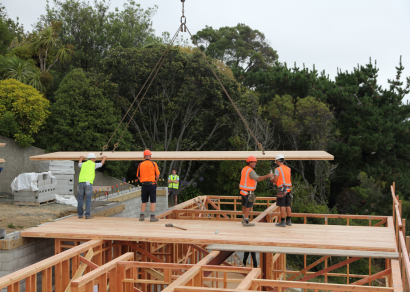

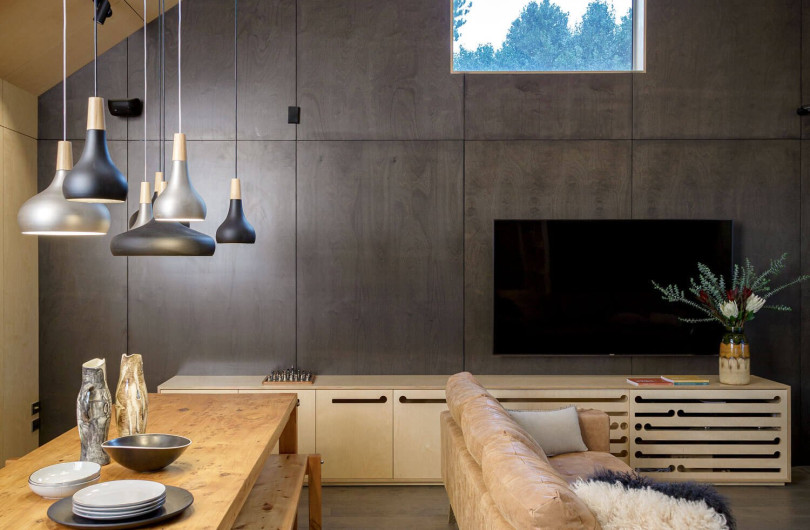
 Case Studies
Case Studies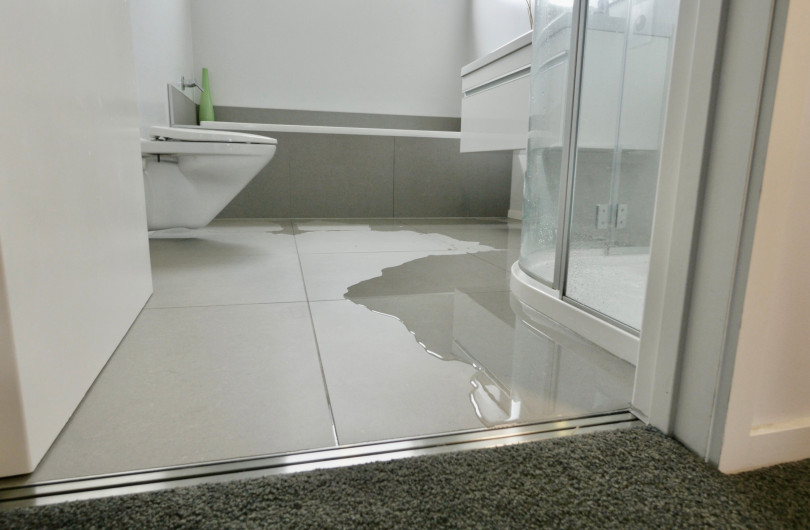



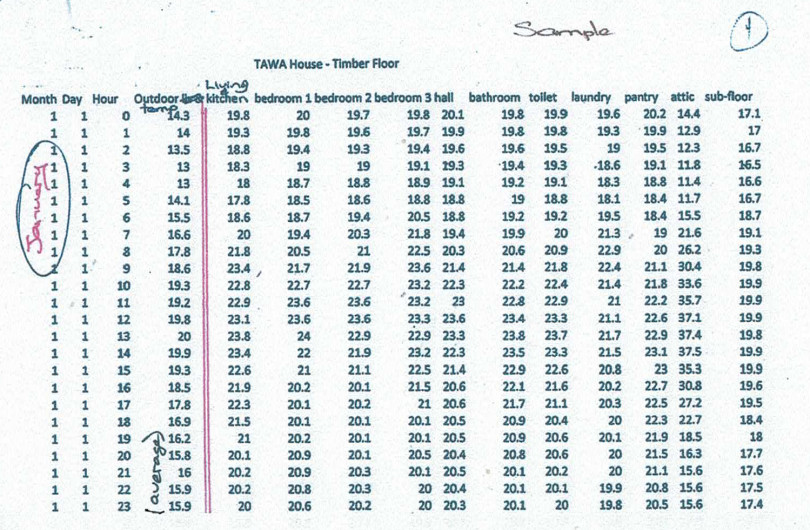




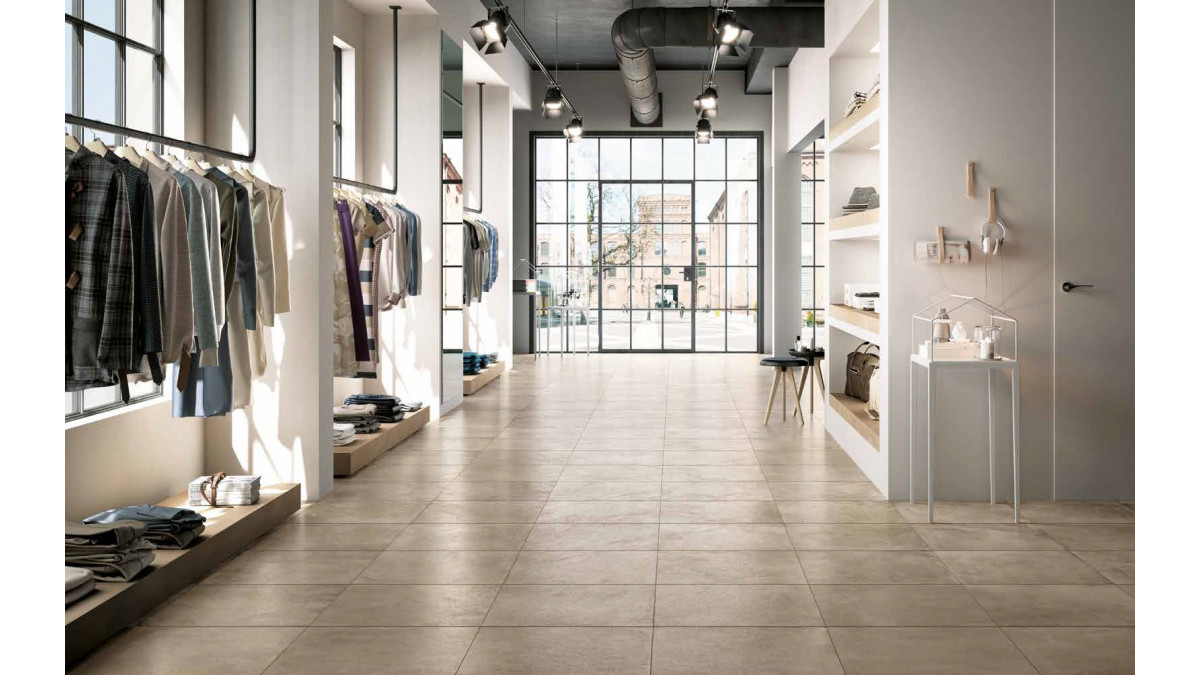
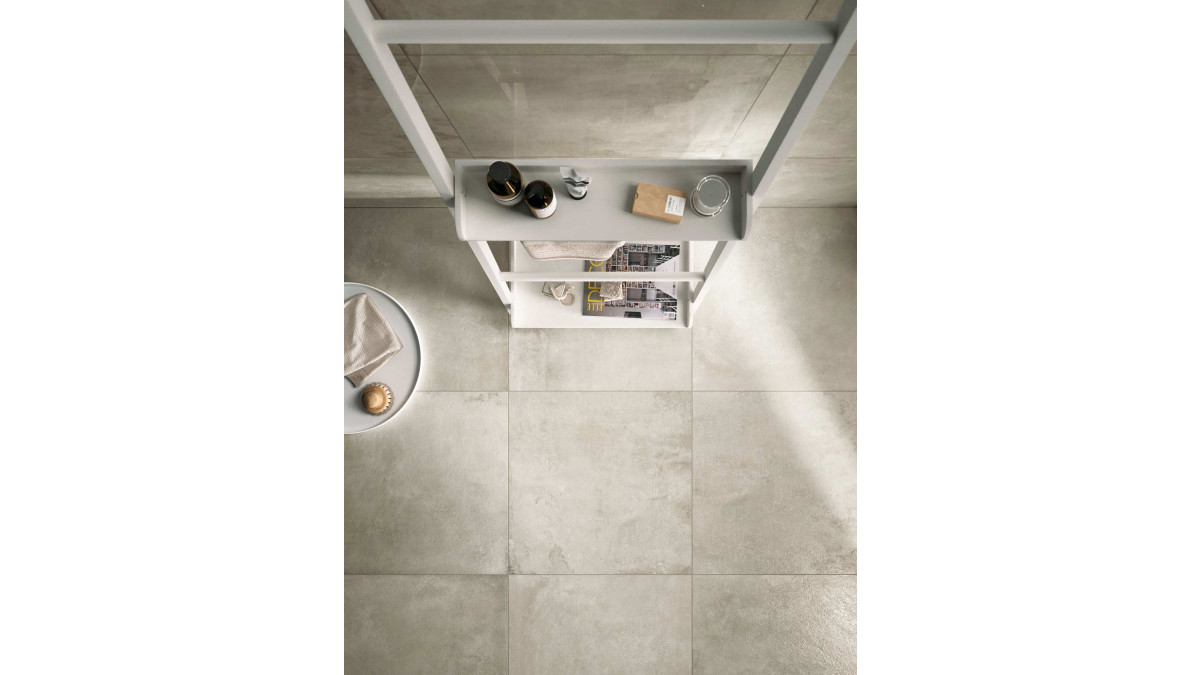
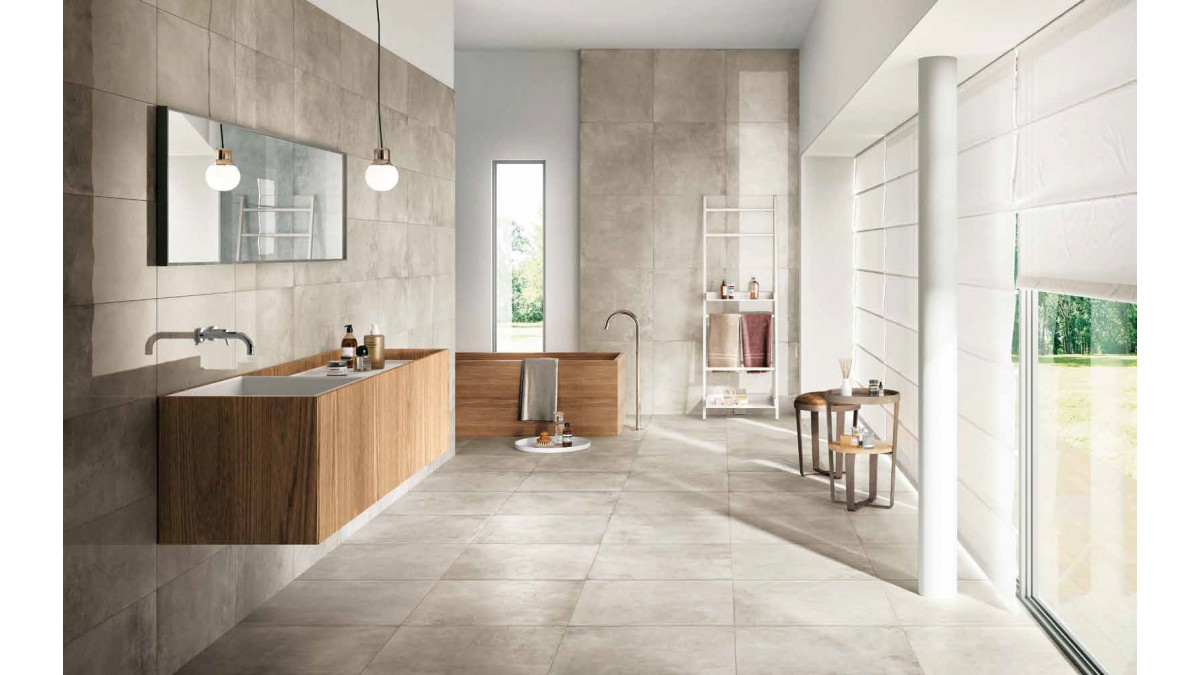
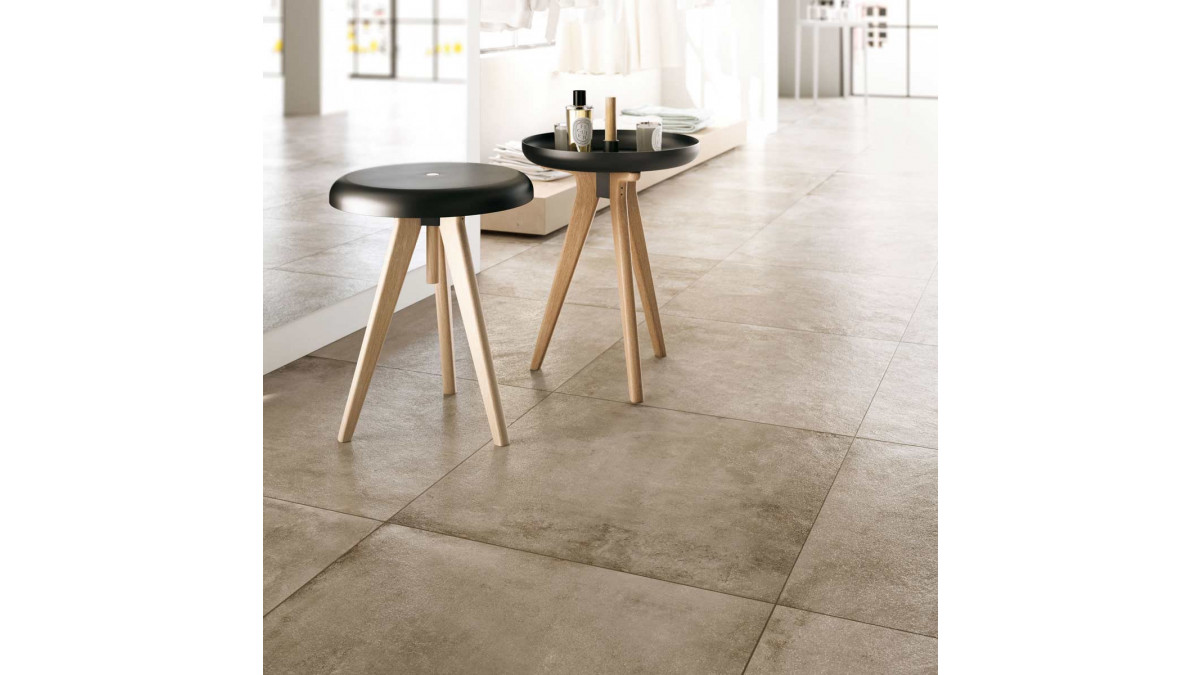



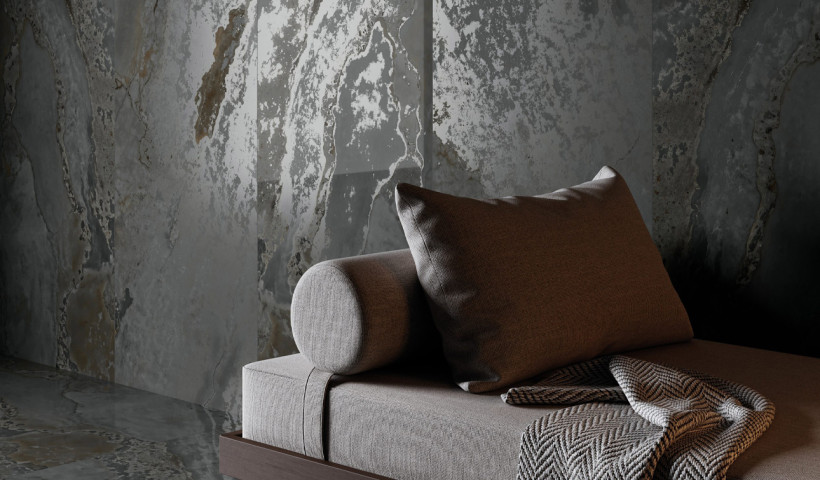
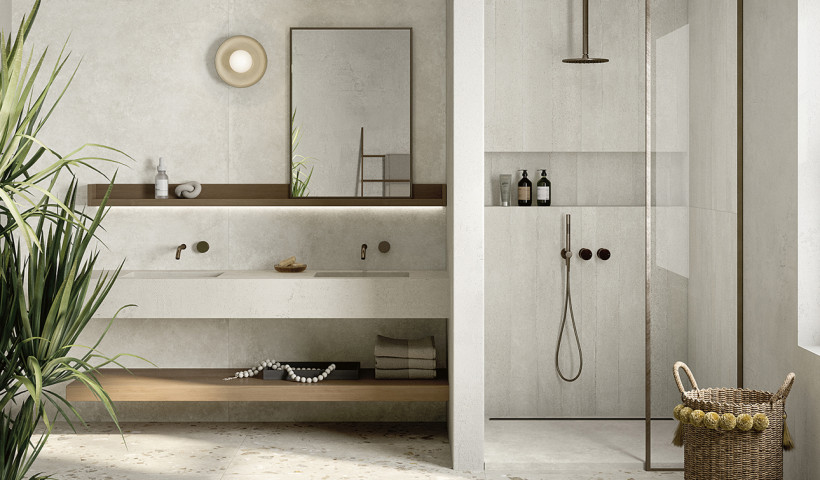
 Popular Products from The Tile Depot
Popular Products from The Tile Depot
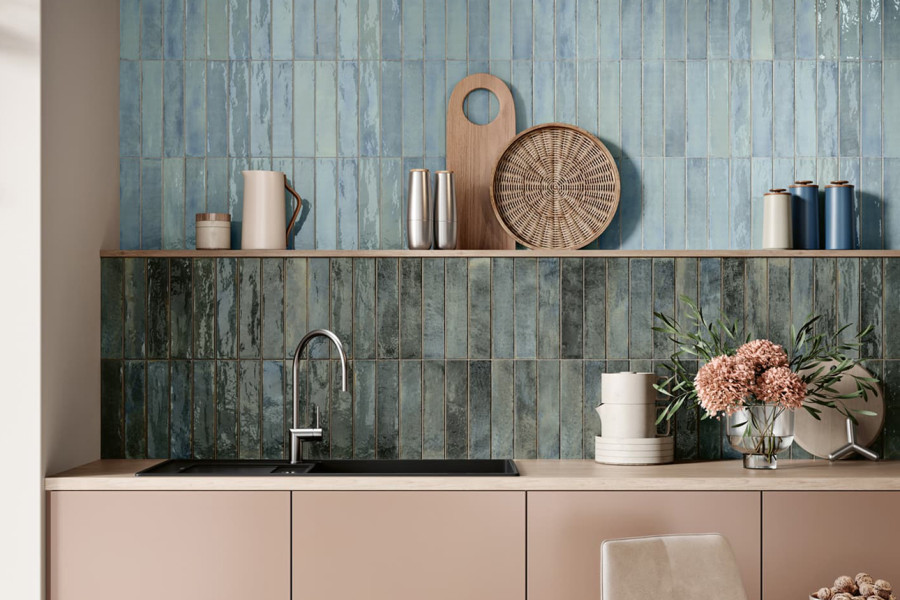
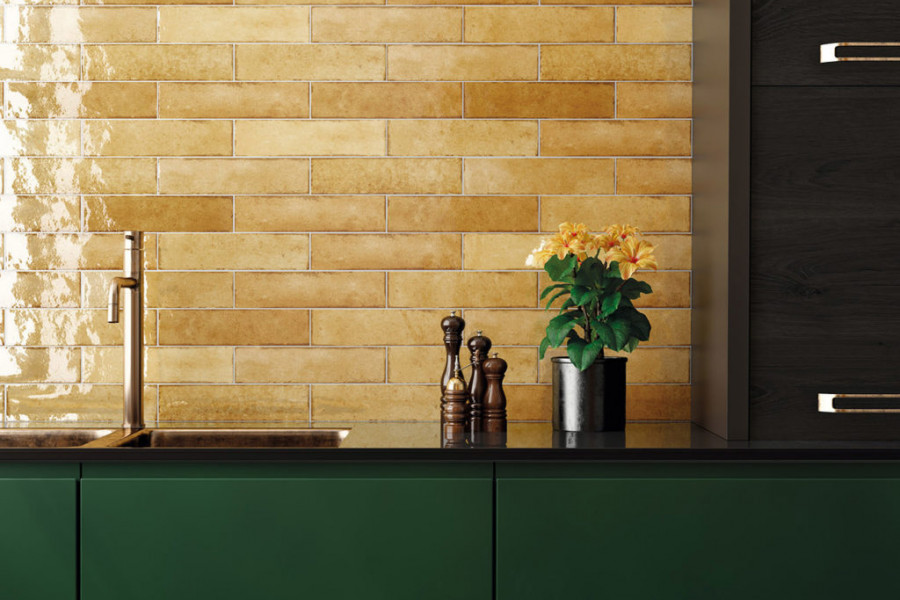
 Most Popular
Most Popular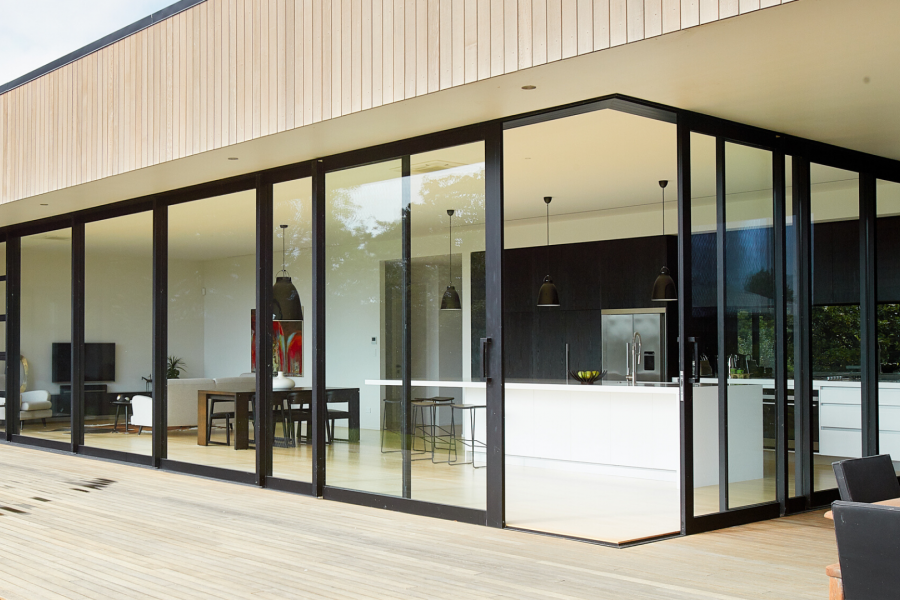
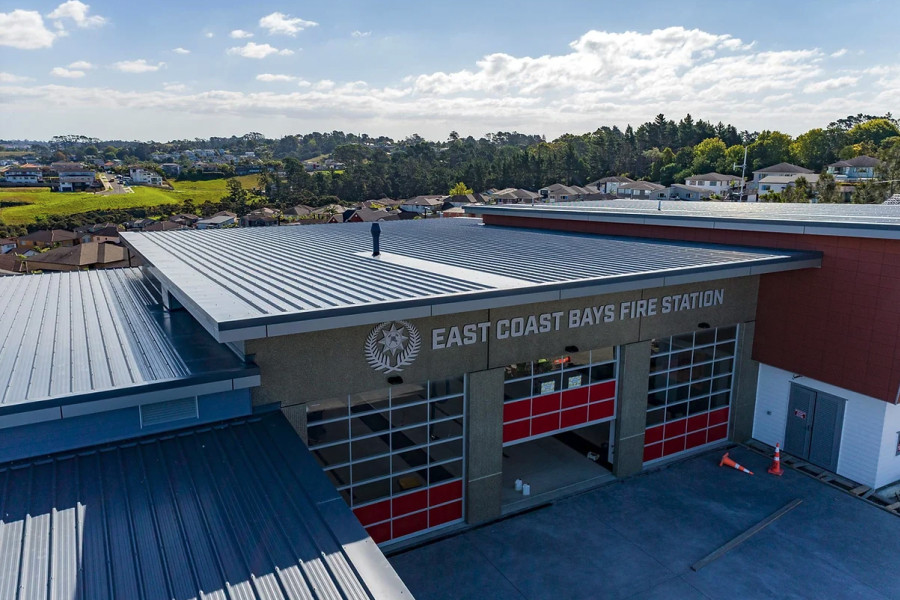
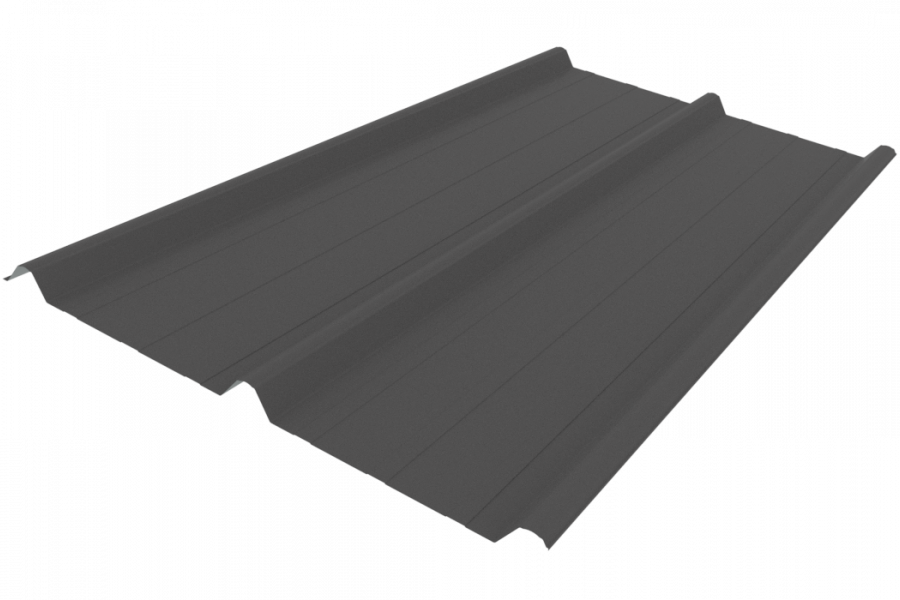
 Popular Blog Posts
Popular Blog Posts